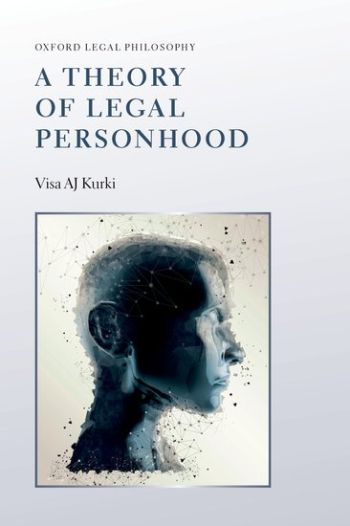
Who, or what, is a 'person' according to the law? How did this understanding of personhood come about? In the twenty-first century, environmentalism, animal rights, artificial intelligence, and corporate personhood have compelled us to consider these questions once again. Legal personhood is a foundational concept of Western legal thought and A Theory of Legal Personhood seeks to go beyond contemporary debates, challenging our very understanding of legal personhood itself.
Drawing on extensive research, scholarship, legislation, and court cases from around the globe, this book offers readers — with or without previous knowledge — new insights into legal personhood. It scrutinizes how personhood came to be understood synonymously with the holding of legal rights. It then posits that a better understanding of legal personhood is as a cluster property. Finally, it applies this new theory to explain and structure the numerous debates surrounding legal personhood.